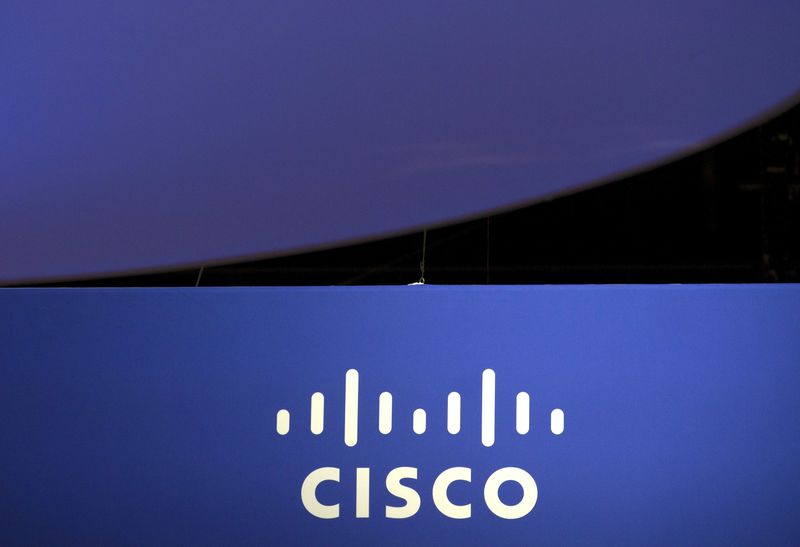ION expands ETF trading capabilities with Tradeweb integration
Investing.com -- Morgan Stanley raised its price targets for two key networking equipment stocks on Thursday, although the firm cautioned that the sector’s recovery remains slow.
The bank’s price target for Cisco (NASDAQ:CSCO), one of the industry leaders, was maintained at $58, as analysts view the company as well-positioned to benefit from the resolution of inventory digestion issues and initial synergies from its Splunk (NASDAQ:SPLK) acquisition.
Moreover, Cisco is expected to capitalize on the disruption caused by the Hewlett Packard Enterprise Co (NYSE:HPE) and Juniper Networks Inc (NYSE:JNPR) dislocation.
These catalysts, Morgan Stanley notes, “could help cloud the valuation gap to the S&P 500.”
Meanwhile, Arista Networks (NYSE:ANET) saw its price target lifted from $355 to $410, driven by the company’s strong performance in cloud and enterprise sectors, particularly benefitting from the ongoing weakness of Juniper and HPE.
Arista’s positive data points during the quarter include making inroads with major cloud customers and gaining share from competitors.
“Overall, Arista's CQ3 VAR performance was the strongest of the networking vendors, with resellers seeing between +2-15% Y/Y growth in CQ3,” analysts said.
They believe that capital expenditure (capex) figures from Microsoft (NASDAQ:MSFT) and Meta (NASDAQ:META) will be a key catalyst for Arista Networks' stock ahead of earnings. The next major driver for the stock may be the deployment of Meta's 100,000 cluster, though there is still uncertainty regarding the timing of these deployments.
F5 Networks Inc (NASDAQ:FFIV) also received a price target boost, from $200 to $215, reflecting better confidence in its multi-cloud project opportunities, though growth remains more gradual.
However, “while there has been some pickup in multi-cloud projects, our checks indicate this has not meaningfully translated to results for F5,” the report explained.
In terms of valuation, analysts said their $215 is based on a 15 times price-to-earnings (P/E) ratio for 2025, representing a discount compared to mature large-cap software companies. However, it reflects increased confidence that current demand levels have reached their lowest point.
In broader terms, analysts said the overall demand environment for networking equipment remains tepid, with their checks indicating "no meaningful pickup in overall networking demand" in recent quarters.
Service provider spending continues to be a weak spot, contributing to slower-than-expected recovery, though the firm sees pockets of incremental spend in data centers and campus networks.
